Start your day with health news , readers can also read more articles: Foods to eat before donating blood; How to effectively prevent the intense heat at the beginning of the year?; Things that can harm your teeth...
A 'very familiar' vaccine can shrink liver cancer tumors
New research published in the journal Advanced Science found that the tuberculosis vaccine Bacillus Calmette-Guérin (BCG) has the ability to shrink liver cancer tumors and prolong the lives of mice with liver cancer.
The BCG tuberculosis vaccine is considered safe and is widely used around the world. It is also known to boost the body's immune system.
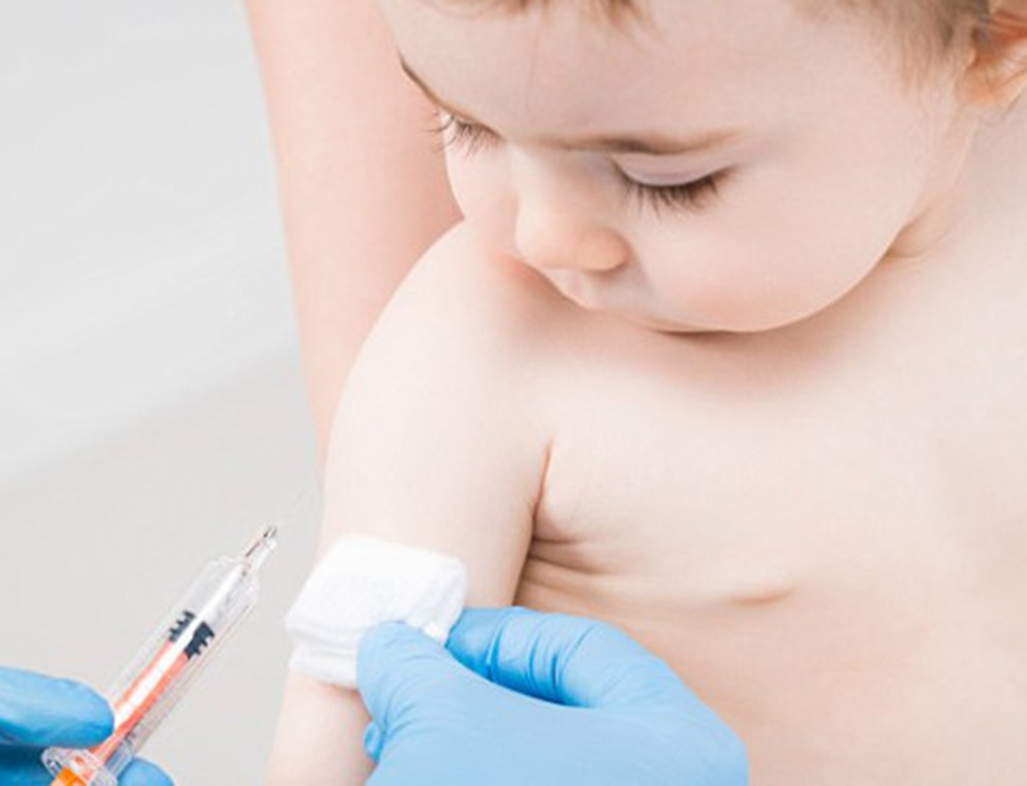
Many countries around the world still use BCG vaccine to vaccinate children under the expanded immunization program.
The US Food and Drug Administration (FDA) has approved BCG for the treatment of bladder cancer. However, the effectiveness of BCG in treating solid tumors, such as liver cancer, is not yet known.
Hepatocellular carcinoma is difficult to treat and often does not respond well to immunotherapy, said the study's lead author, professor and associate director of research in the Department of Pathology and Laboratory Medicine at the University of California, Davis Health (UC Davis Health - USA).
However, previous studies have shown that the BCG vaccine can stimulate an immune response. So in this new study, scientists at the University of California tested a single dose of the BCG vaccine on mice with liver cancer.
And surprisingly, the results showed that the BCG vaccine has the ability to activate the body's immune system and shrink tumors . At the same time, BCG also helps reduce cirrhosis, improve liver function, and reduce liver fat. Readers can read more about this article on the health page on February 24 .
Foods to eat before donating blood
Donating blood is a noble act that can help save lives. However, it is important for donors to prepare their bodies before donating blood. Eating the right foods before donating blood can help prevent dizziness and fatigue.
Ensuring proper nutrition is one of the most important factors for a healthy body. This becomes even more important for people who are about to donate blood. Their diet will need to prioritize eating certain foods.
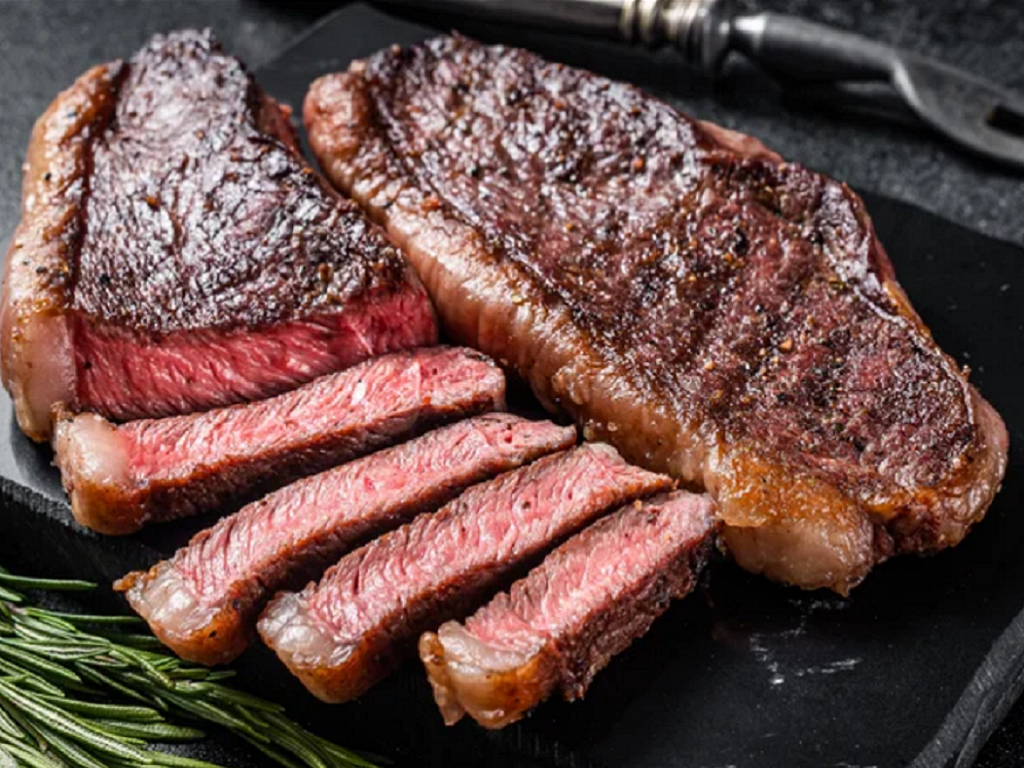
Red meat is rich in iron and is very suitable for people preparing to donate blood.
Here are some tips on what to eat before donating blood.
Foods rich in iron. Iron is an essential nutrient for maintaining healthy blood levels. Eating foods rich in iron before donating blood can help replenish your body’s iron stores and reduce your risk of anemia. Some iron-rich options include lean red meat, green leafy vegetables, lentils, tofu, and pumpkin seeds.
Foods rich in vitamin C. Vitamin C is a mineral that helps absorb iron. Therefore, before donating blood, people should prioritize eating foods rich in vitamin C. Some foods rich in vitamin C are orange juice, strawberries, tomatoes, broccoli and bell peppers.
Whole grains. Common whole grains include brown rice, oats, quinoa, and barley. Whole grains provide a steady supply of calories and help maintain blood sugar levels, thanks to their complex carbohydrates and protein. This helps blood donors reduce their risk of fatigue and fainting, especially if they are too hungry or have low blood sugar. The next part of this article will be on the health page on February 24.
Foods that can harm your teeth
Foods such as candy, bread, and citrus fruits are harmful to teeth if consumed in moderation.
Many foods and drinks can cause plaque buildup, which can seriously impact your oral health.
Plaque is a film filled with bacteria that can cause gum disease and tooth decay. In addition, after eating, sugar in the meal will cause bacteria to secrete acids that attack tooth enamel. When tooth enamel is broken down, tooth decay can develop.
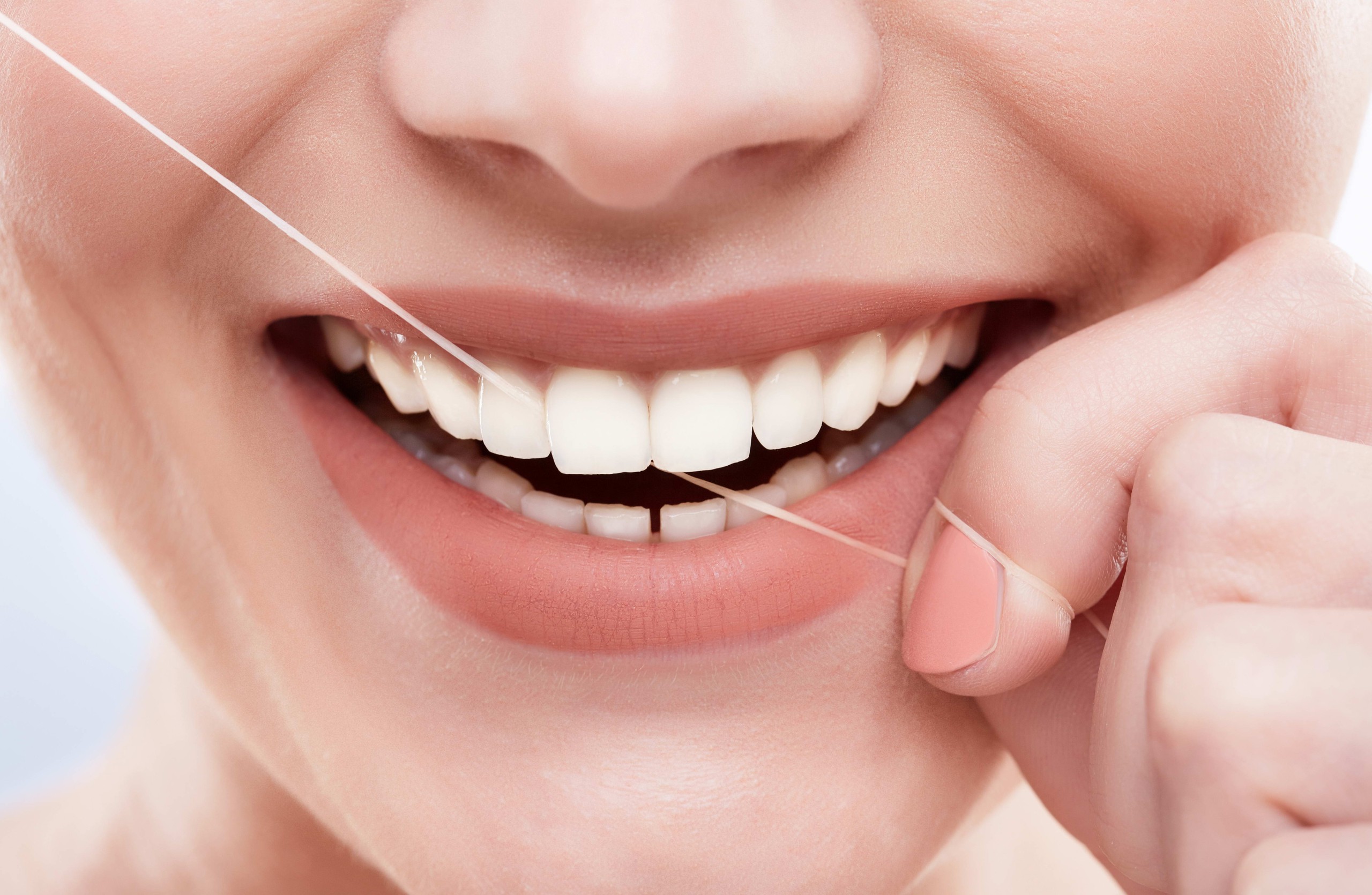
Using dental floss is good for oral health
To prevent plaque from destroying your teeth, experts recommend brushing your teeth at least twice a day, flossing, and visiting your dentist regularly. In addition, experts recommend avoiding the following foods to protect your oral health.
Candy. Candy, especially sour candy, contains many different acids that are harmful to teeth. In addition, many sour candies are chewy, so they stay on your teeth longer, which can lead to tooth decay.
Bread. When you chew bread, your saliva breaks down the starches into sugars. The bread can then stick to the spaces between your teeth and cause cavities.
Saliva prevents food from sticking to your teeth and washes away food particles. Saliva also helps treat early signs of tooth decay, gum disease, and other oral infections.
However, drinking too much alcohol can cause the drinker to have a dry mouth and lack of saliva, leading to insufficient saliva to help digest food and protect teeth. Start your day with health news to see more of this article!
Source link




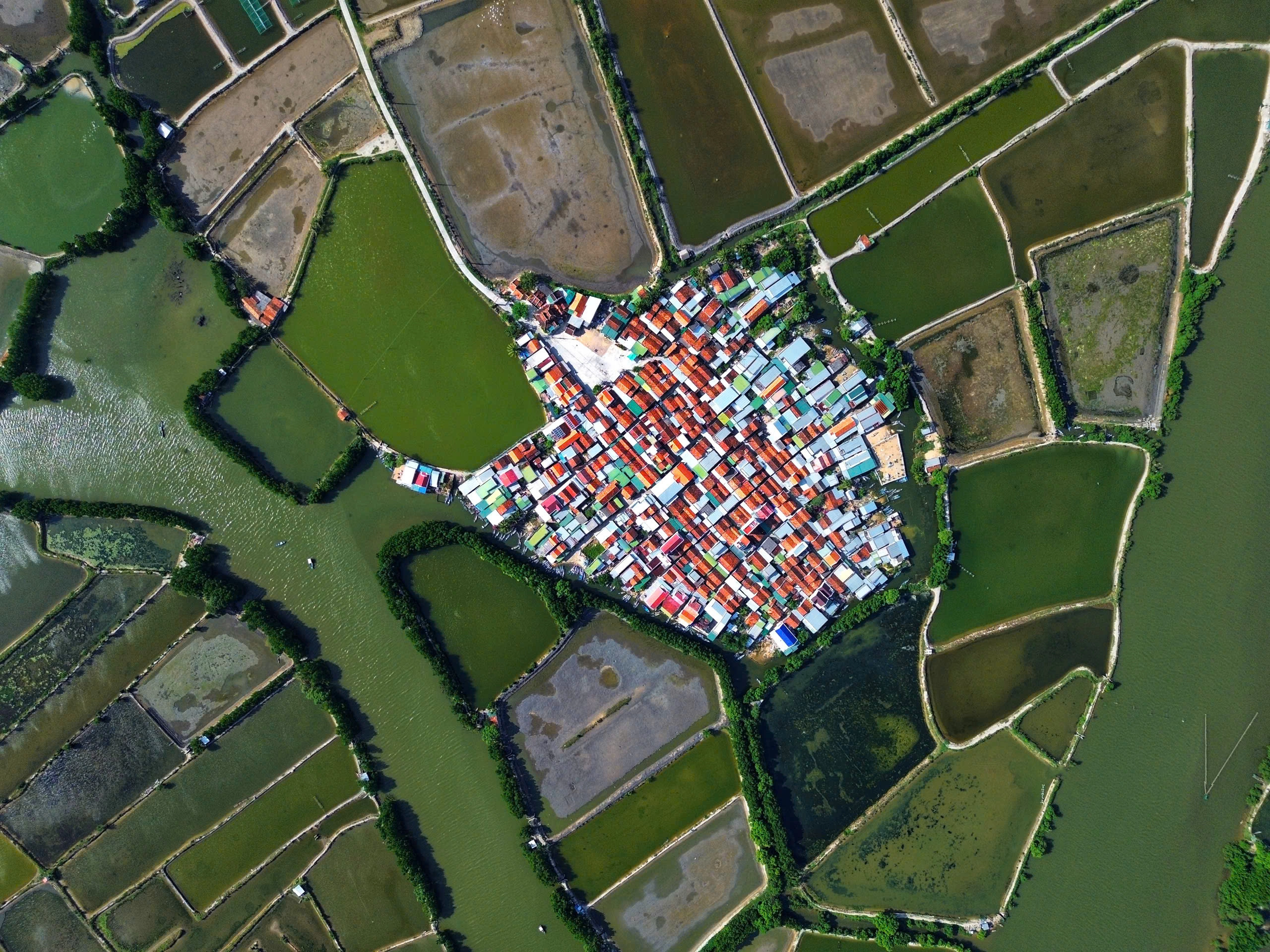



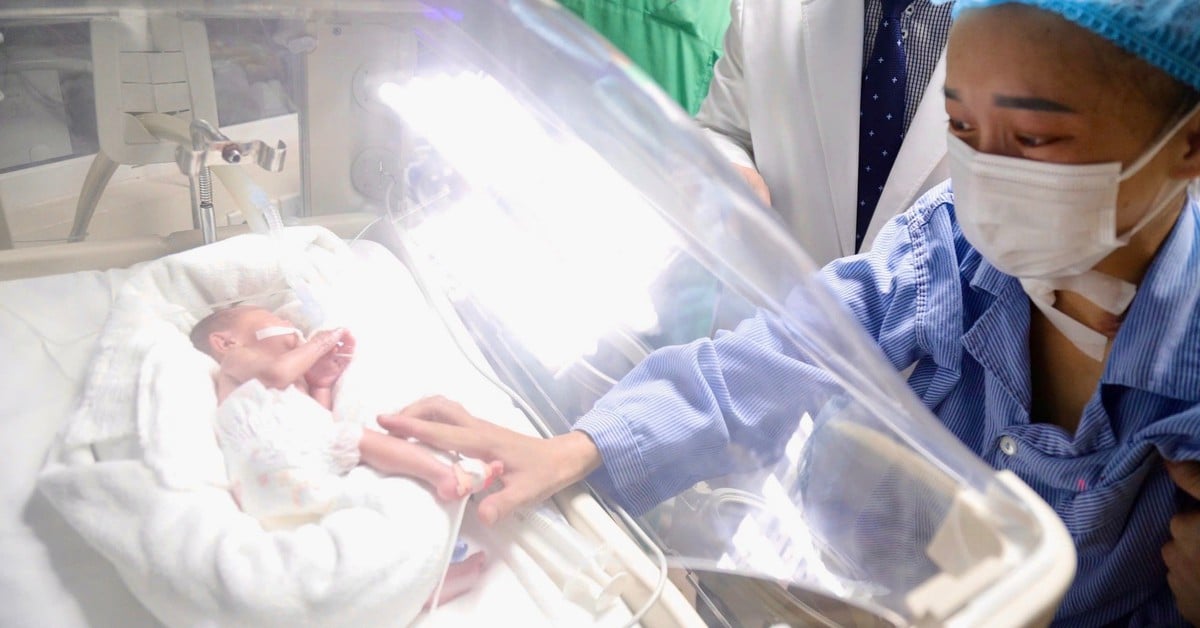


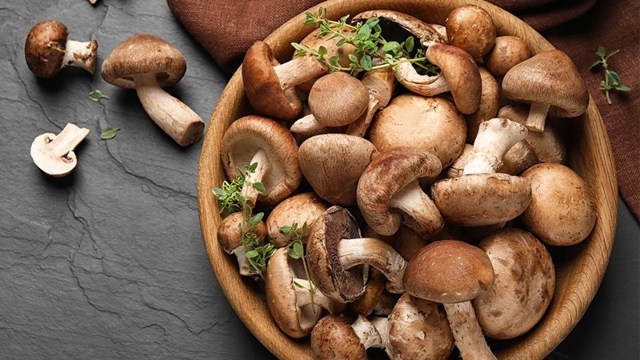



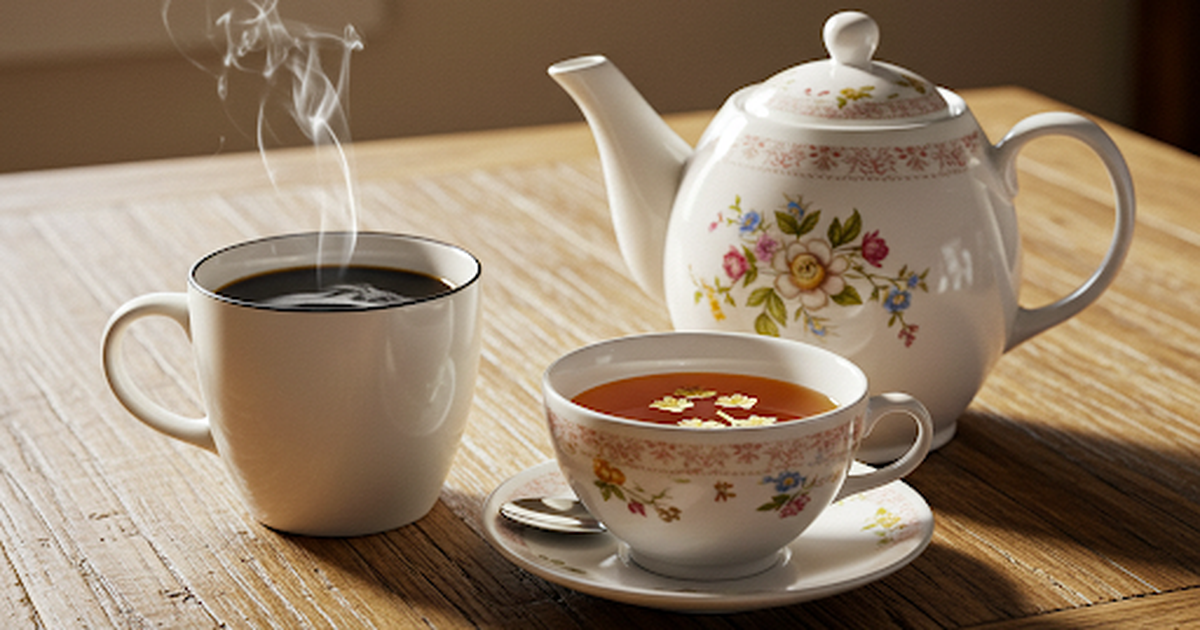
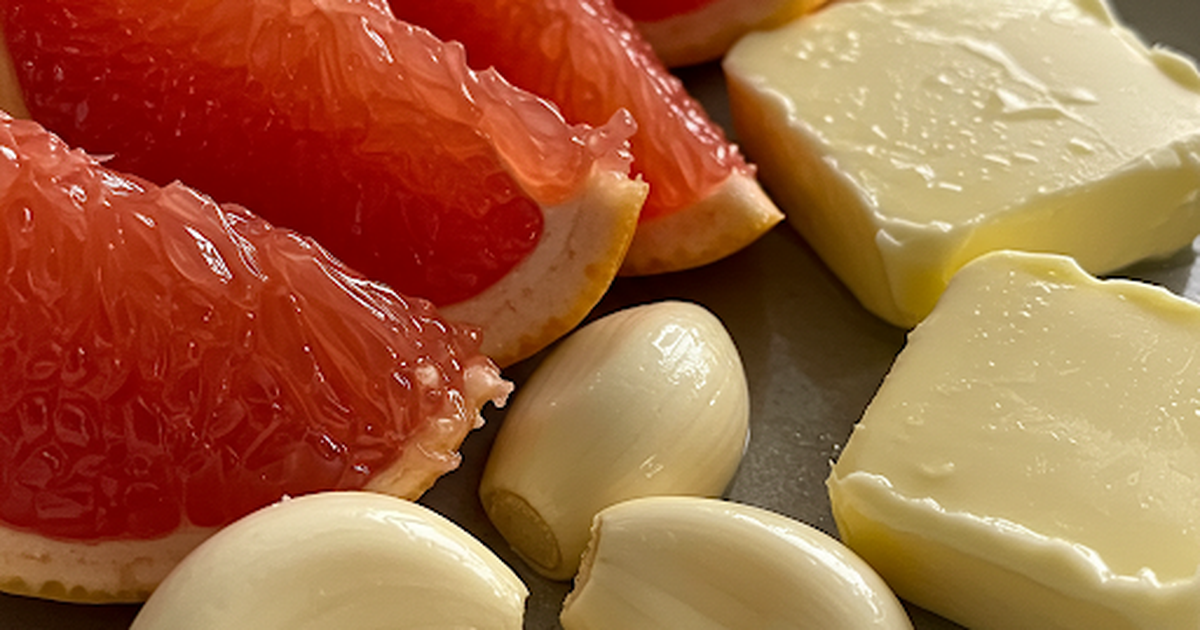


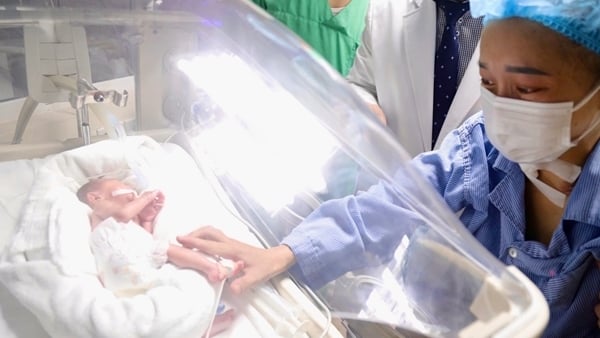

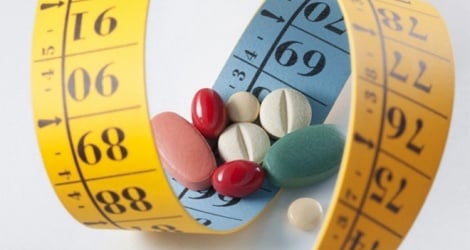


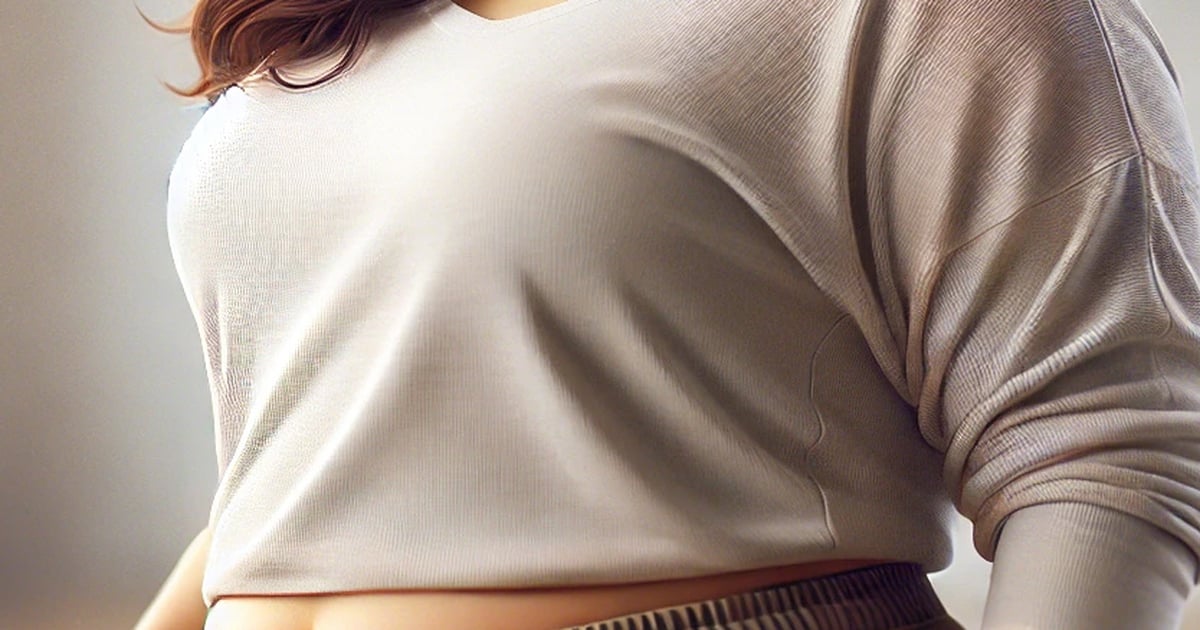






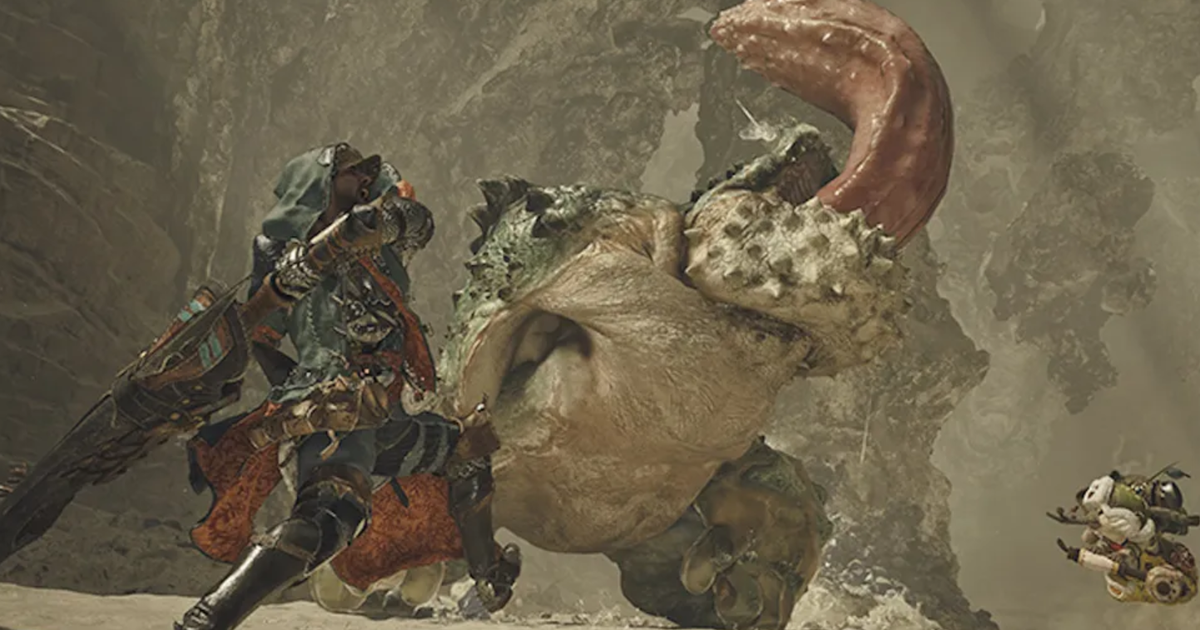



















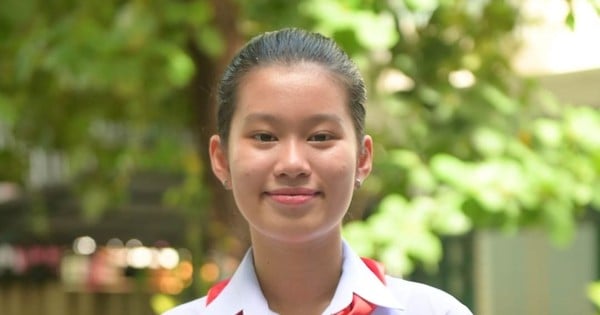






























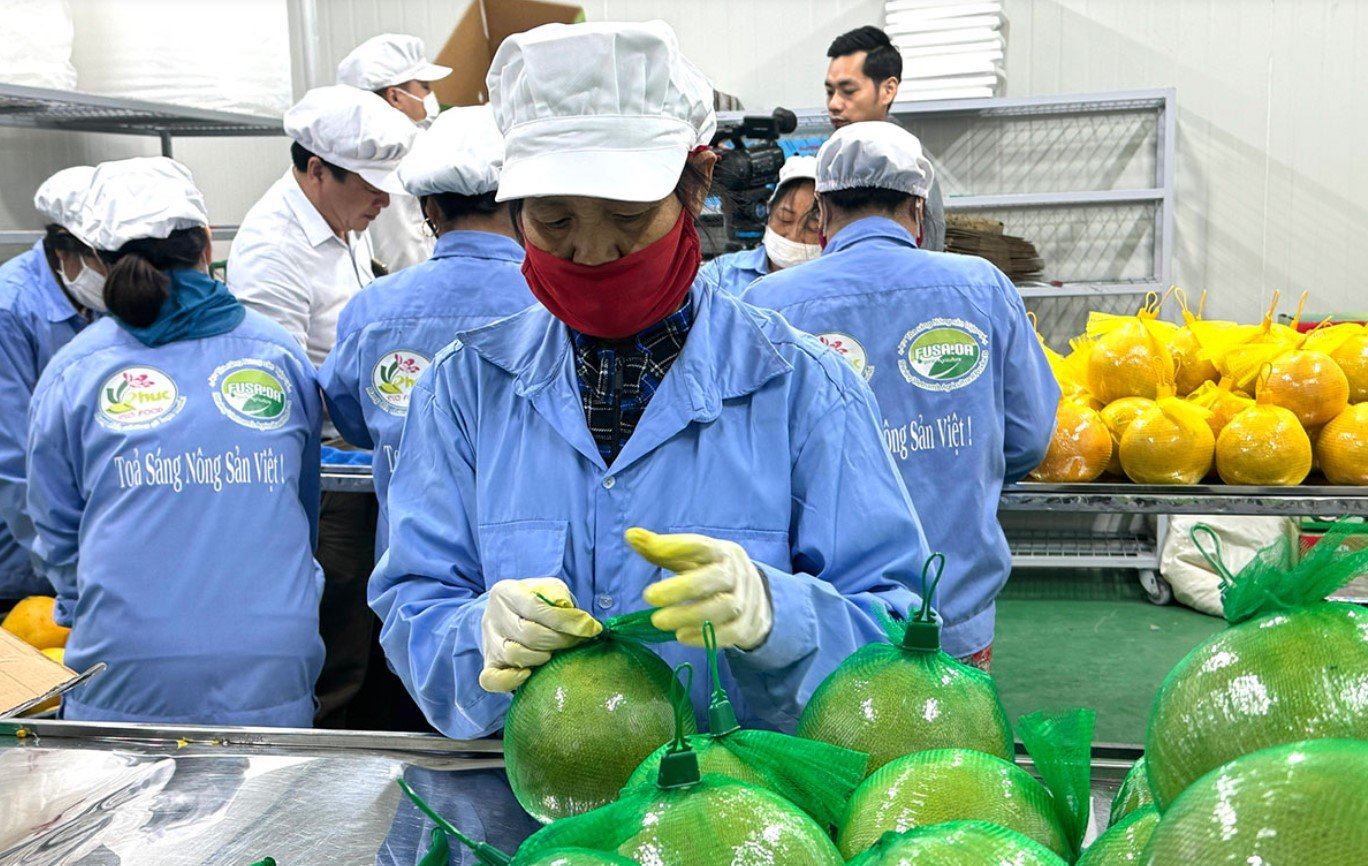

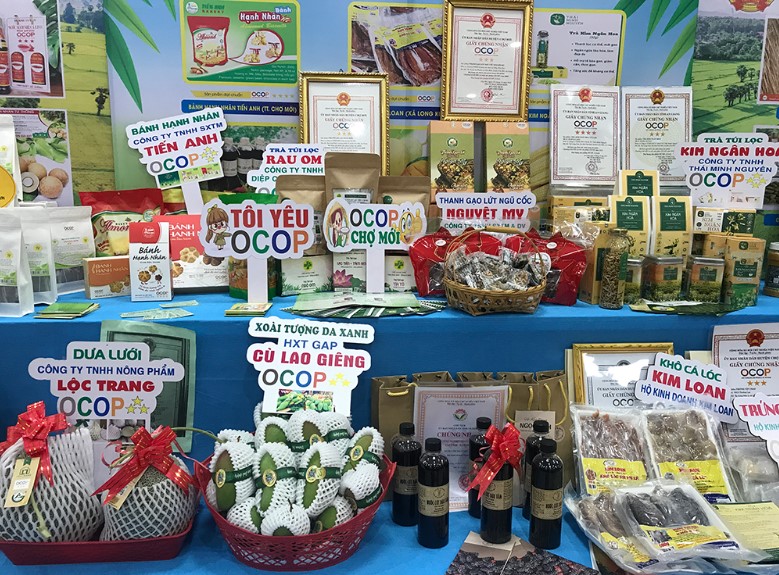



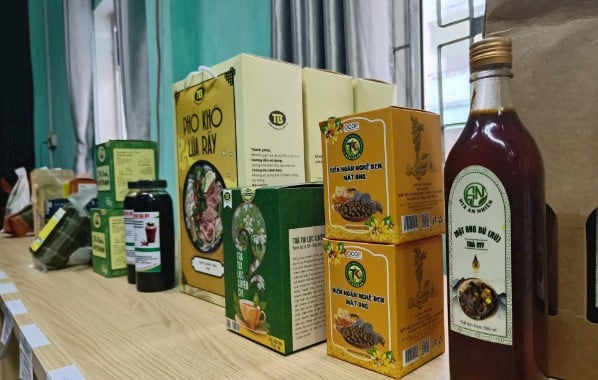

Comment (0)